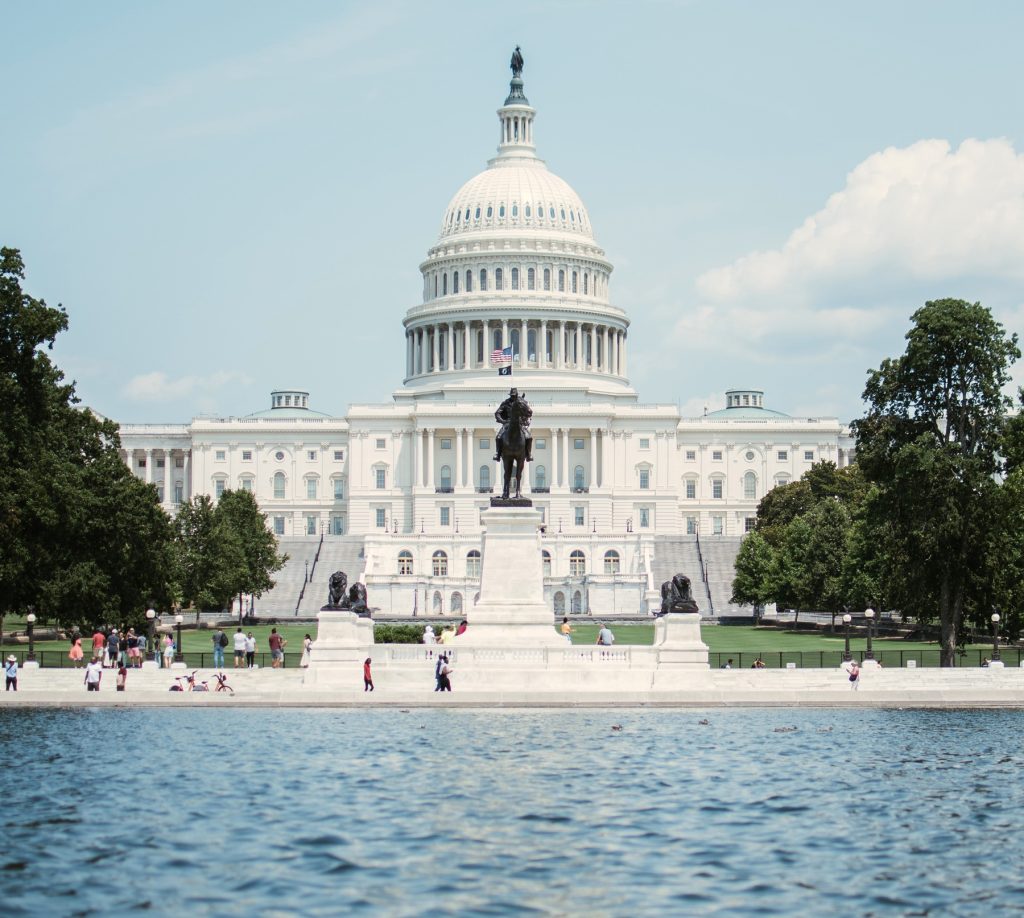WASHINGTON — The Electoral Count Reform Act reforms work to ensure something like January 6 never happens again.
The reforms were recently spelled out in a government funding bill. Congressman Allred said he will vote to pass the bill in the House and work to send it to President Biden’s desk to be signed.
The bill, negotiated by a bipartisan group of senators, includes reforms to the Electoral Count Act. The Electoral Count Reform Act Includes several important reforms aimed at ensuring that Congress can identify a single, conclusive slate of electors from each state.

Following release of the text of the Omnibus government funding bill, Congressman Colin Allred (TX-32), a former voting rights attorney, stated, “I was on the floor of the House on January 6, when I texted my wife Aly, ‘whatever happens, I love you.’ That day we came so close to losing our democracy, and we must do all we can to make sure that something like January 6 never happens again.”
The Act strikes a provision of an archaic 1845 law that could be used by state legislatures to override the popular vote in their states by declaring a “failed election” – a term that is not defined in the law. Instead, this legislation specifies that a state could move its presidential election day, which otherwise would remain the Tuesday immediately following the first Monday in November every four years, only if necessitated by “extraordinary and catastrophic” events.
The Act identifies each state’s Governor as responsible for submitting the state’s electors, unless otherwise specified in state laws. Congress cannot accept a slate submitted by a different official. This reform would address the potential for multiple state officials to send Congress competing slates. The Act provides for expedited review, including a three-judge panel with a direct appeal to the Supreme Court, of certain claims related to a state’s certificate identifying its electors. This accelerated process is available only for aggrieved presidential candidates and allows for challenges made under existing federal law and the U.S. Constitution to be resolved more quickly.
The Act requires Congress to defer to slates of electors submitted by a state’s executive pursuant to the judgments of state or federal courts. It also affirmatively states that the constitutional role of the Vice President, as the presiding officer of the joint meeting of Congress, is solely ministerial and that he or she does not have any power to solely determine, accept, reject, or otherwise adjudicate disputes over electors.
The Act raises the threshold to lodge an objection to electors to at least one-fifth of members of both the House of Representatives and the Senate. This change would reduce the likelihood of frivolous objections by ensuring that objections are broadly supported. Currently, only a single member of both chambers is needed to object to an elector or slate of electors.
The legislation also makes reforms to the Presidential transition process.
Praising the bipartisan effort, Allred stated, “[t]he reforms updating the Electoral Count Act are a result of bipartisan negotiations and I commend senators on both sides of the aisle for working to get this done. This is an important step to ensure we strengthen our democracy and the presidential certification process.”




